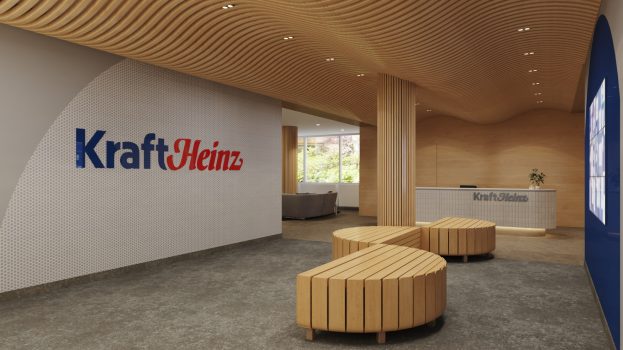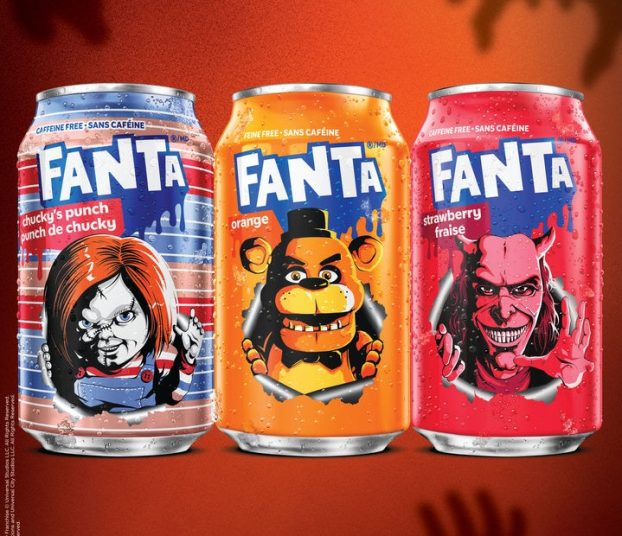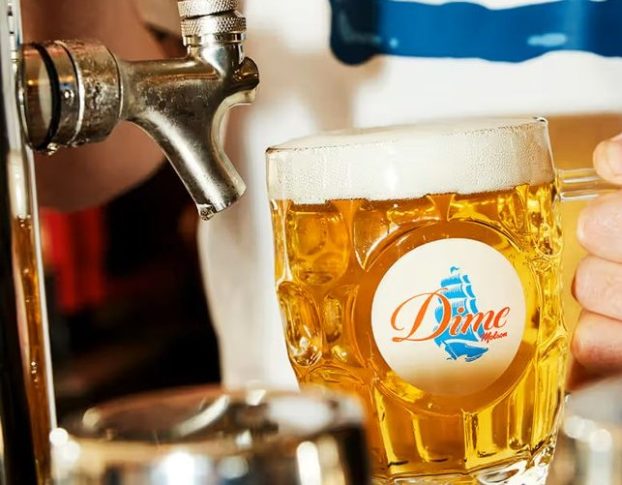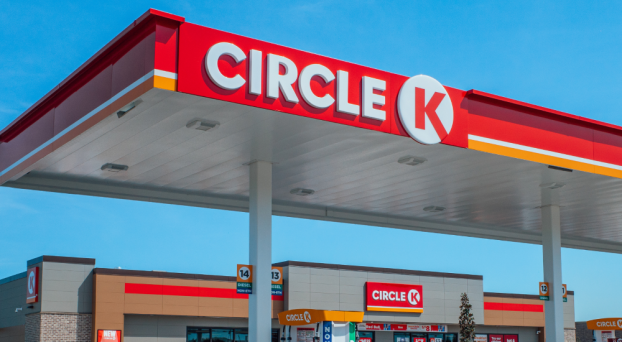Inspiration
From its Victorian beginnings to modern initiatives like the Cadbury Cocoa Partnership, which aims to improve the lives of cocoa farmers, and its Unicef Halloween program, Cadbury has been quietly giving back for quite some time.
Yet, on the promotional front, the focus has always been the candy. The confectionery co bundled all its chocolate, gum and candy offerings into one interchangeable “total confection” promotion after another. It offered up cars, trips and cash but had failed to connect with consumers or create any lasting affinity.
Cadbury wanted to break that cycle. There was an appetite to create a corporate promotion that could actually drive equity for the Kraft brand, and that was inextricably linked to what they were all about as a company.
Strategy
Cadbury’s corporate values were directly in line with their millennial target’s – it’s in the business of providing joy, and its corporate philosophy is all about spreading it. So what if small purchases could make a big difference for those
in need?
Execution
The search for a unique and authentic way to give back led Cadbury to bicycles. In Canada they represent joy in the form of fun, fitness and fresh air, but in less fortunate parts of the world they represent hope, opportunity and occasionally survival. The goal of the program was to build 5,000 specially designed bikes and deliver them to Africa. The company would send these bicycles to Ghana where Cadbury has sourced its cocoa for over a century.
In 2009, the program’s first year, Cadbury educated Canadians on the need for bicycles and showed them how they could get involved. Working with The Hive, it created Thebicyclefactory.ca, an online virtual factory where consumers turned Cadbury products into bike parts. One product equaled one part, and 100 parts equaled one bike.
In 2010, it set out to show the impact that the bikes had on their Ghanaian recipients. It was a story deemed too big for a traditional campaign alone to communicate, so Cadbury set out to create a documentary. With the help of Frantic Films in late 2009, it enlisted Alexandre Trudeau and Booker Sim to direct a doc on the power of bicycles entitled Wheels of Change. It aired on CTV on Oct. 2. This non-traditional approach was accompanied by a small print buy that featured portraits of children that were now able to get an education as a result of the program. Television was used to deliver a simple message of thanks and encourage participation.
Results
Since its launch, The Bicycle Factory has blown away its revenue targets with 42% higher sales than previous corporate promotions, making it Cadbury Canada’s most successful total confection promotion to date.
The documentary aired on 24 CTV stations with viewing numbers that beat out that day’s episode of Grey’s Anatomy. It has also been selected for the Africa World Documentary Festival in the U.S. and shortlisted at the London International Documentary Festival.
While not targeted through media or advertising, Canadian students embraced the program. As a result, as Cadbury heads into year three, it will be adding Bicycle Factory 101 to the program. Educators will now be able to download materials and curriculum to help educate kids on the power of mobility in developing nations.
Most importantly, it succeeded in educating consumers that the need for bicycles is real and the cause has been embraced. Since the program’s inception Cadbury has delivered over 9,000 bicycles to Ghana. Children who previously had to walk 12 km a day to get to school now arrive on time and have the energy to learn.
The Bicycle Factory opened again last month (in case this inspires you to build).
Judges’ Comments
“The brand promise is not hyperbole and is not unreachable; there is a lot of authenticity in the simplicity. We all know that changing the world comes one step at a time; this campaign helps change the world one bicycle part at a time. Profoundly simple and quietly impactful.”
John Yorke, Rain43
“I love that Cadbury uses this promotion to support Ghana, the source of its basic ingredient, cocoa, and the fact that this is a country that needs help desperately makes it all the more right strategically.”
Jacquelyn Hoult, Canadian Red Cross
Jump to:
Overall winner: Hellmann’s champions the Real Food Movement





















